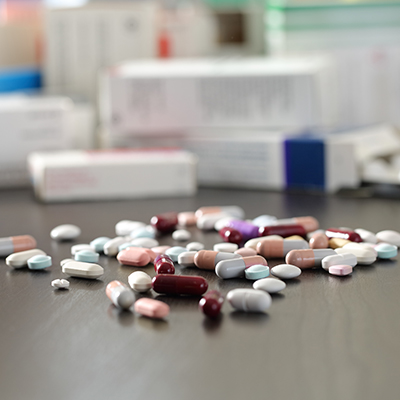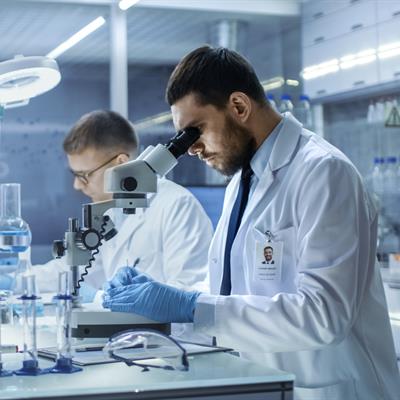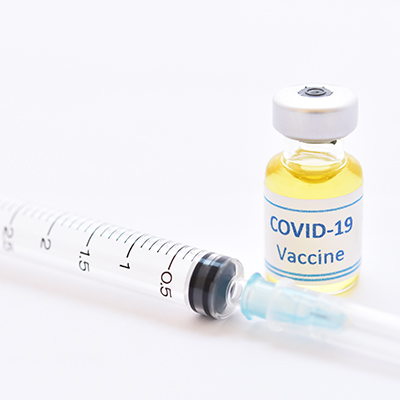May 26, 2020 -- With the urgent need for COVID-19 therapies and vaccines, funding agencies have prioritized biomanufacturing; companies in turn are preparing to ramp up a variety of biologics. The strong demand for bioprocessed medicines in 2020 will continue to drive growth of the industry.
The bioprocessing industry is currently worth $6.8 billion and will experience growth in key technologies including single-use equipment, perfusion reactors, and newer chromatography resins. A new report from Strategic Directions International, a Science Advisory Board partner, discusses the current state of the bioprocessing industry in 2020 and insights into expected trends for the near future.
Focus on innovation
The market for conventional bioreactors fell behind sales of single-use bioreactors in the biopharmaceutical sector in 2019. This trend is expected to continue as manufacturers move toward more robust and efficient tools for smaller batch production of personalized and niche biologics. As bioreactors are essential for both upstream and downstream processes, as well as in preclinical research and development, their disposable nature is attractive to biopharmaceutical manufacturers.
Innovations in upstream and downstream manufacturing have been focused on transitioning to continuous processing. Upstream, this means incorporating perfusion bioreactors to continuously produce product. Downstream, this requires combining two previously separate orthogonal purification steps, including the use of multiple columns in a series. While there are still many regulatory hurdles to overcome, continuous chromatography will be necessary for developing fully continuous manufacturing processes.
The trend of novel production techniques targeted to smaller-market populations is expected to grow for the foreseeable future. The techniques will have to lend themselves to multiproduct and flexible manufacturing facilities and must be able to use single-use components, handle more efficient production of greater titers and yields, and mesh with continuous processing and automation techniques. Integrated technologies will enable companies to more efficiently fill capacity and downsize equipment and facilities.
The shift toward smaller drug production such as individualized biologics and personalized medicines will require companies to develop cost-efficient strategies. For instance, new technologies will improve monoclonal antibody manufacturing in areas such as cost, throughput, and flexibility. Mammalian cell culture required for biologics will also necessitate more efficient cell culture processes with higher product quality and lower manufacturing costs. Drug companies will right-size unit operations by harnessing improved perfusion bioreactors, depth filtration, and advanced chromatographic technologies. Ultimately, the trend is likely to result in the establishment of modular facilities that can be used in a variety of ways.
The impact of COVID-19 on bioprocessing
One of the most significant impacts of the COVID-19 pandemic on the biopharmaceutical industry is the awakening of the vaccine market. Many bioprocessing processes are being leveraged for the development of vaccines against coronaviruses. For instance, many COVID-19 vaccine efforts are harnessing platforms that are based on single-use technologies. These efforts involve the use of novel approaches, such as mRNA and DNA technologies.
Single-use bioreactors and other disposable components, along with process automation, should facilitate and optimize quality control and validation of bioprocessed vaccines and therapies. Single-use technologies also will make it easier for vaccine and drug manufacturers to address contamination issues involving vaccine manufacture.
Interestingly, vaccine producers may choose to rely on flexible single-use systems as opposed to traditional commercial large-scale stainless steel bioreactors and fermenters. Single-use systems can bring cost savings because they can be established less expensively than traditional stainless steel equipment, but also more quickly, which is important during a global health crisis.
Many notable technological developments are expected as a result of COVID-19. Efforts at the University of Queensland to develop a COVID-19 vaccine are receiving help from GE-Cytiva, which plans to develop a prototype affinity resin to support the COVID-19 vaccine candidate. MilliporeSigma's recent collaboration efforts with the Jenner Institute, Oxford, U.K., have led to their developing a rapid, scalable platform using disposable technologies for the institute's adenovirus platform. Both MilliporeSigma and Jenner will tap into some of this work to produce Jenner's COVID-19 vaccine candidate, ChAdOx1 nCoV-19.
Lastly, Sartorius is helping CanSino Biologics and Maj. Gen. Chen Wei's research team at the Institute of Bioengineering at the Academy of Military Medical Sciences in China develop a vaccine candidate against the SARS-CoV-2. The groups are using Sartorius' Biostat STR single-use bioreactor system for the upstream preparation of the recombinant vaccine.
Learn more about the status of the bioprocessing industry in Strategic Directions International's "2020 Pharma/Bio Bioprocessing Technologies Market" report.
Disclosure notice: Strategic Directions International is a sister company of The Science Advisory Board.Copyright © 2020 scienceboard.net









